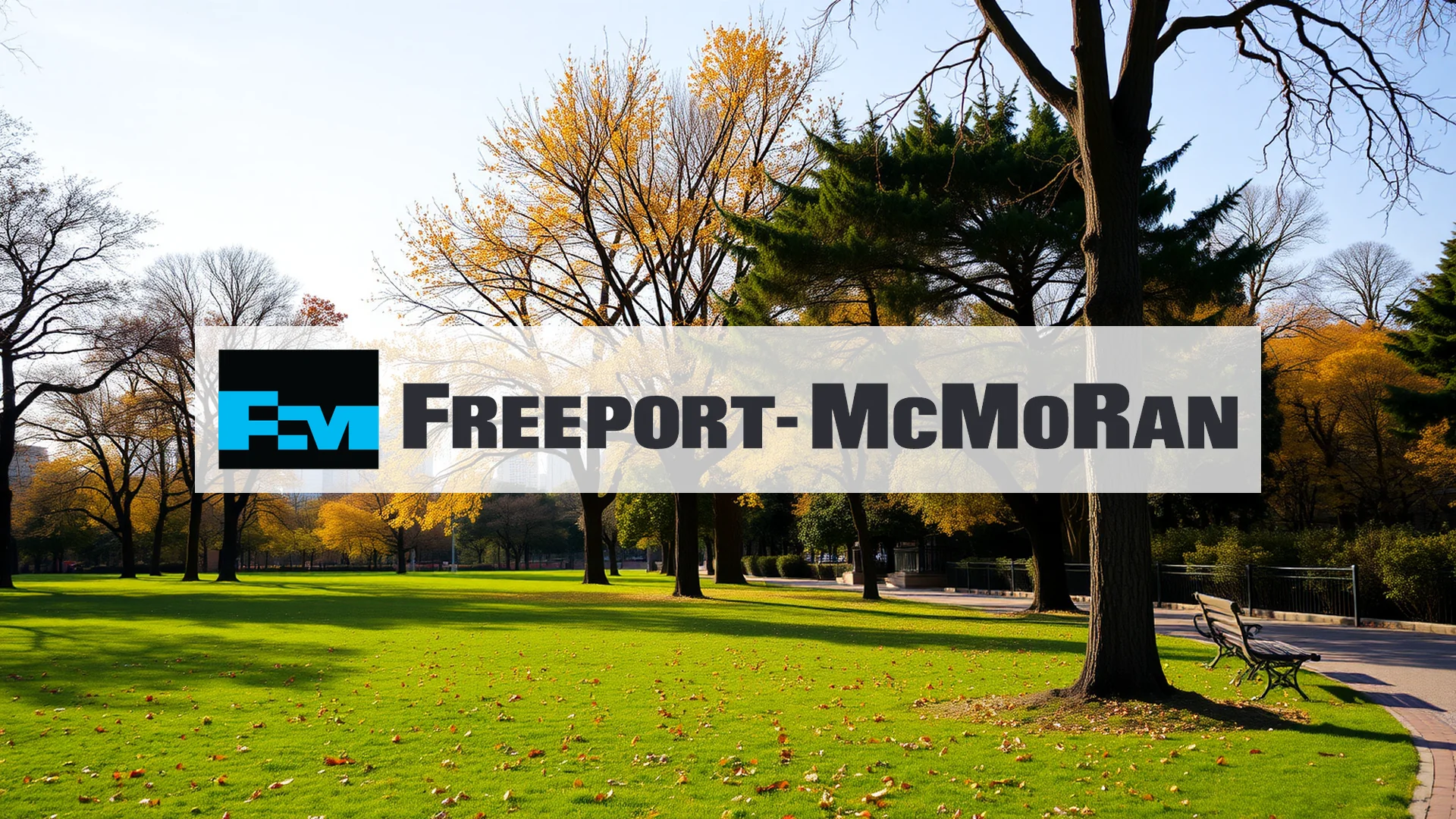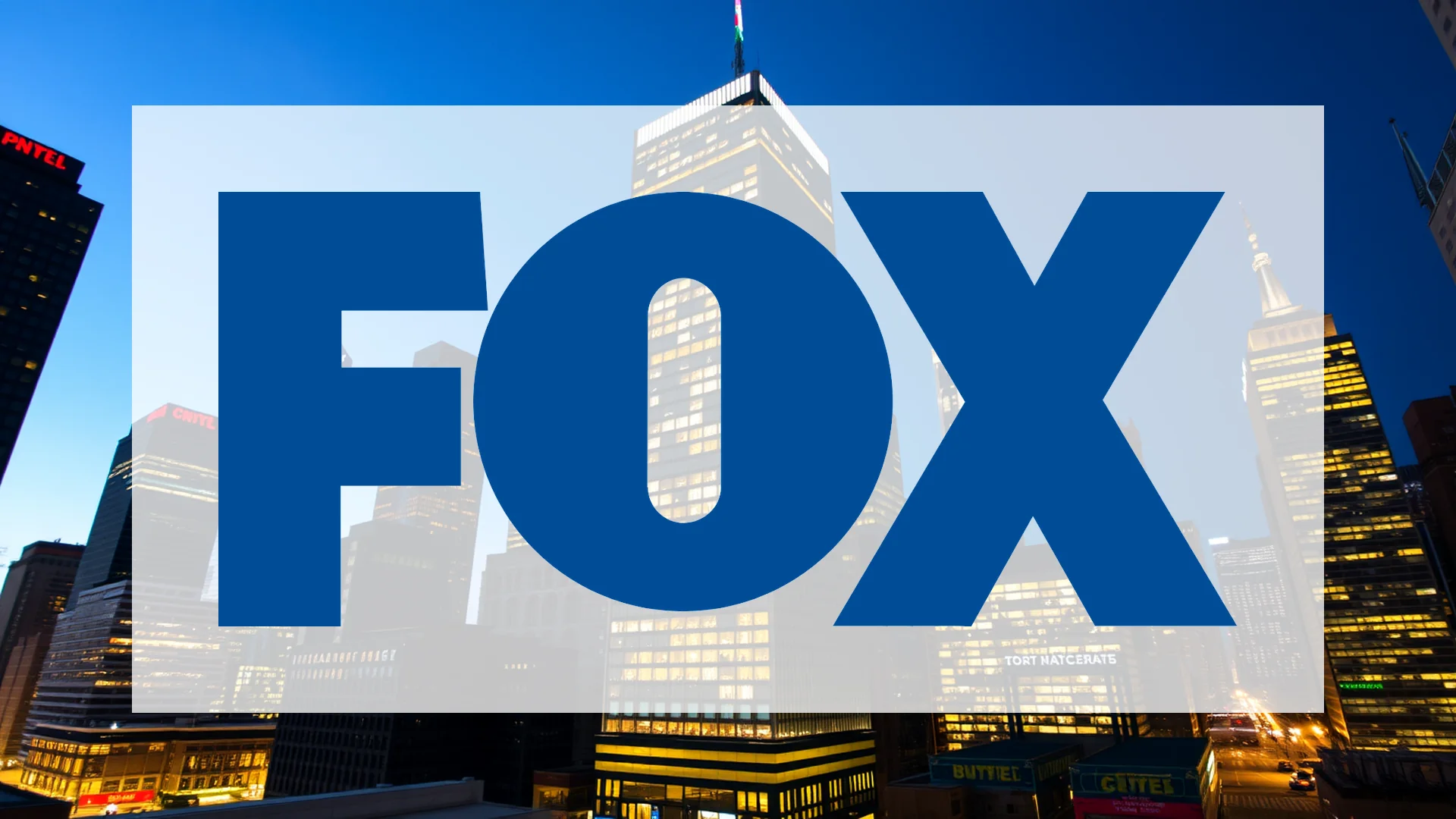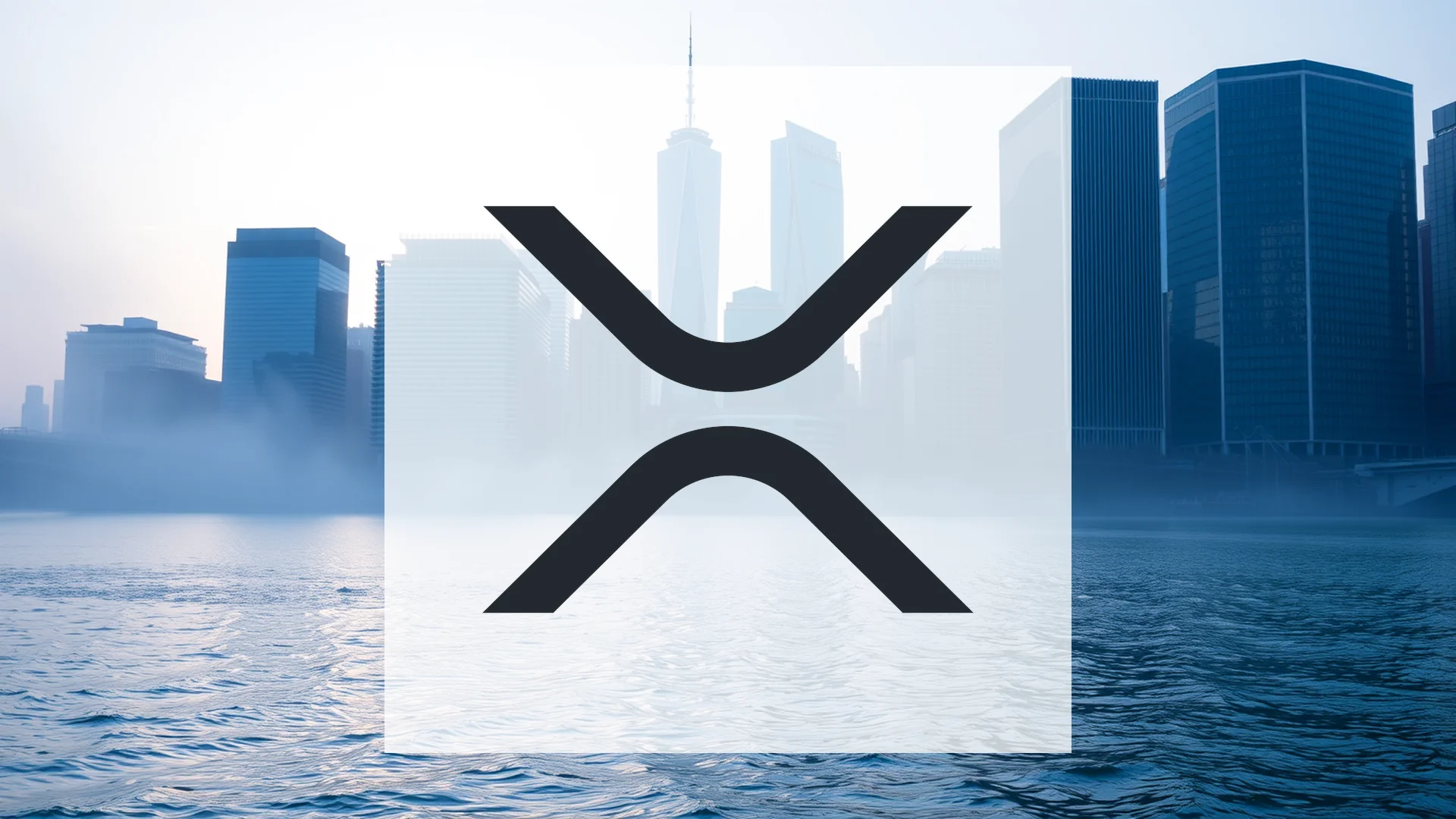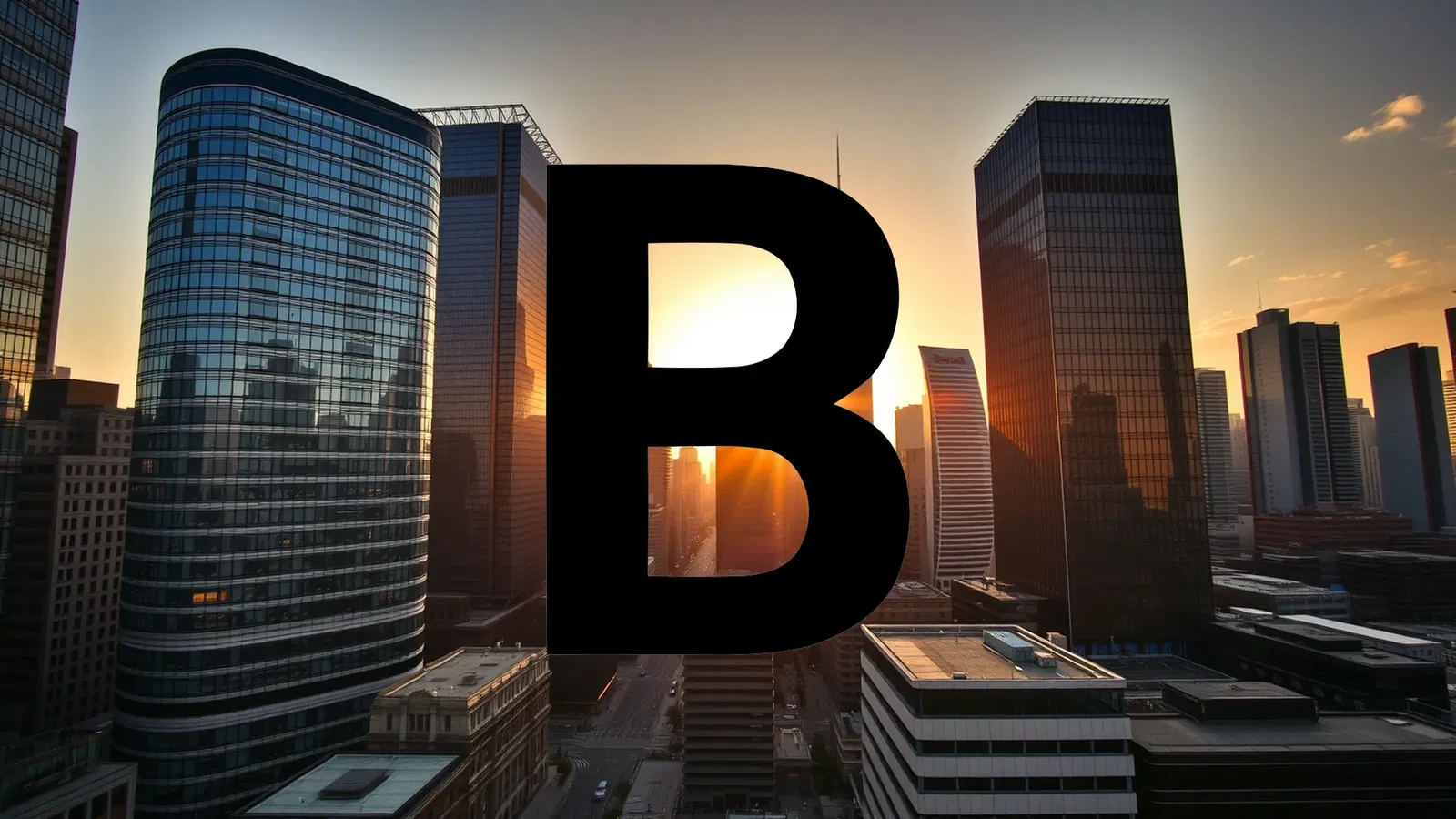The fintech high-flier appeared unstoppable until former President Donald Trump’s Friday announcement sent shockwaves through financial markets. His threat of substantial new tariffs on Chinese goods triggered a broad sell-off, dragging the Nasdaq index down and pulling Robinhood shares significantly lower. This downturn raises questions about the sustainability of this year’s remarkable rally, which had seen the stock surge nearly 300%.
Quarterly Report Looms as Critical Test
All eyes now turn to Robinhood’s upcoming third-quarter earnings release scheduled for November 5. Market researchers project earnings per share of $0.47, representing substantial improvement compared to the $0.17 reported during the same period last year. The central question among investors is whether even strong financial results can reverse the negative momentum following Friday’s sharp decline. Technical analysts are cautioning that the stock may need to establish a new support level before stabilizing.
Should investors sell immediately? Or is it worth buying Robinhood?
Institutional Investor Exodus Adds Pressure
Recent SEC filings reveal additional headwinds for the trading platform. Indiana-based Kessler Investment Group completely exited its position in Robinhood during the third quarter, divesting all 122,349 shares in transactions valued at approximately $11.5 million. This move appears particularly well-timed in retrospect. Despite recent optimistic analyst assessments—including Citizens JMP raising its price target to $170 just Thursday—the departure of major investors suggests growing institutional skepticism. Such substantial selling activity often precedes further price deterioration.
Market Reaction to Trade Policy Shift
The market reversal occurred abruptly Friday afternoon when Trump announced plans for “massive tariff increases on Chinese products” via his Truth Social platform. The technology-heavy Nasdaq Composite responded by falling 2.4%, dragging numerous growth stocks downward with it. Robinhood experienced particularly severe impact, with its shares tumbling 8.9% to close at $138.96. Trading volume surged to approximately 40 million shares, indicating widespread investor anxiety. Concerns about renewed escalation in US-China trade tensions rapidly diminished risk appetite across markets.
Ad
Robinhood Stock: Buy or Sell?! New Robinhood Analysis from February 7 delivers the answer:
The latest Robinhood figures speak for themselves: Urgent action needed for Robinhood investors. Is it worth buying or should you sell? Find out what to do now in the current free analysis from February 7.
Robinhood: Buy or sell? Read more here...












